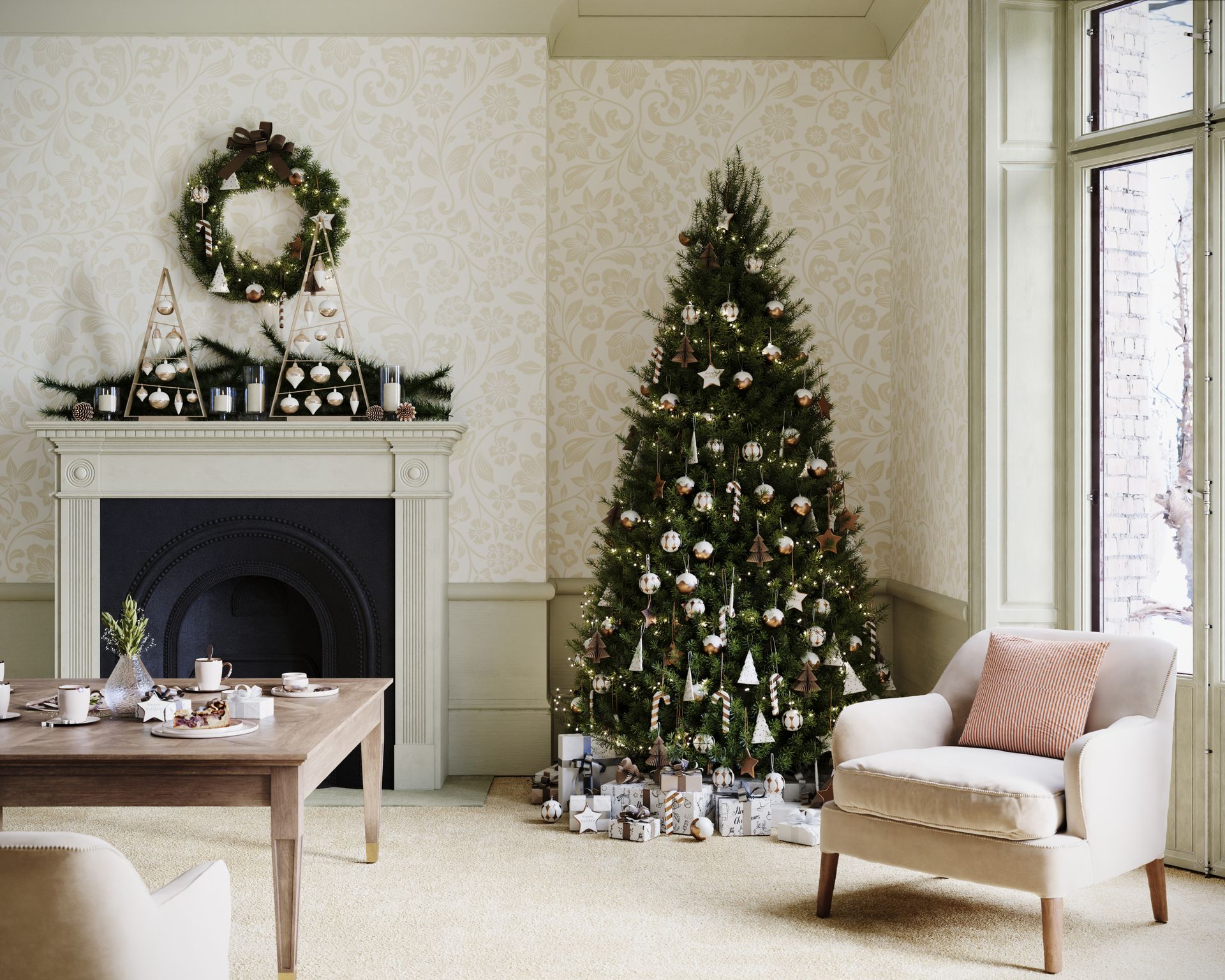The Perils of Blind Gifting: How much DOES gifting set brands back during Christmas?

Research from Xero’s Small Business Index has revealed that retail was the only small business sector to record a fall in sales in 2022, declining by 5.1% for the year leading to October. As the industry reaches its busiest period of the year, new research from HyperJar and Retail Economics has found that 51% of Brits are limiting their Christmas spend this year, with sales expected to decrease by £2.51billion compared to Christmas 2021, falling below 2019’s pre-pandemic results of £83.1billion.
Whilst predictions for media and advertising spend in 2023 vary greatly – largely depending on the size of the business in question – the challenging landscape for D2C brands and small retailers, in conjunction with rising rates of inflation, has caused a cost-of-operations crisis. Sapio Research found that 95% of businesses fear a recession in 2023, whilst 29% of companies are cutting their marketing budgets next year, according to a study by the World Federation of Advertisers (WFA) and Ebiquity. As a result, SMEs in the retail industry are now turning to ‘value exchange’ and nano & micro influencers for cost-effective marketing, differing greatly from aimless gifting in which brands send unsolicited products to influencers in the hope that they’ll post about them. By operating in this way, retailers end up with billions of pounds of excess, unsold inventory with returns creating over a staggering 2 billion kilograms of waste in landfills each year, and more than 15 million metric tons of carbon dioxide – according to CNBC.
Coming to the fore within marketing since 2017, ‘value exchange’ provides savvy brands with an innovative way of reducing costs but still engaging in crucial marketing activities. Through this approach, brands offer goods or services that content creators then post about, solely in exchange for receiving them as opposed to money. In relation to traditional, paid influencer marketing, founders of Room Unlocked Alex Payne and Tanya Hamilton-Smith argue this form of value exchange is far more cost-effective for brands with proprietary research revealing brands save on average £7,000 per opportunity versus paying for it. In addition to this, they will achieve 15:1 ROI on their marketing spend, which is way above the 5:1 ratio that is considered as strong for most businesses.
By targeting the correct influencers that have a genuine interest in your brand, partnerships can be created purely based on passion, which can then be turned into value. Room Unlocked provides the most effective form of influencer marketing, with proprietary research revealing influencers are three to four times more likely to share more authentic pieces of content when they have actively searched out the product or experience they’re advertising – further highlighting the benefits of this approach. Brands also have instant access to diverse advocates from A-list TV talent to macro and micro-influencers, eliminating up to 200 hours of outreach to the wrong people, while also fostering relationships underpinned by love and not currency.






